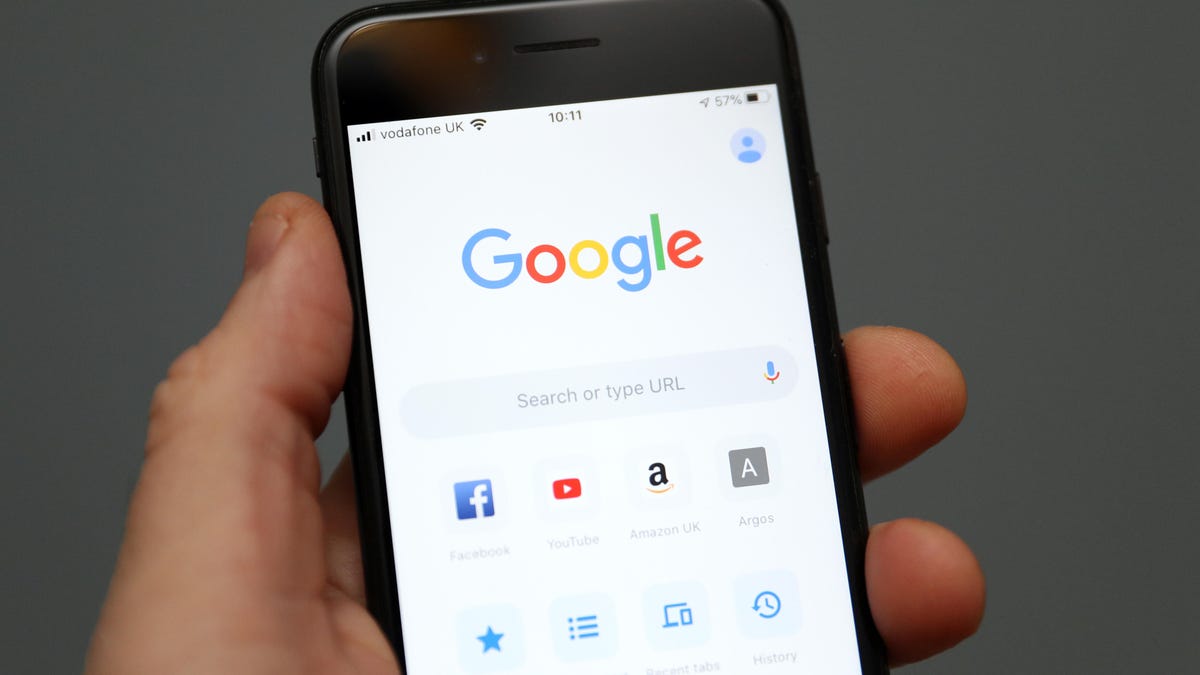Apple's recent advertising strategy focuses on the potential lifesaving capabilities of its products, including the Apple Watch and iPhone, featuring scenarios where these devices have saved people's lives from various dangers, such as low heart rates, blizzards, and car accidents. These safety features, along with new additions like satellite connectivity and Roadside Assistance, not only differentiate Apple's newer devices but also have the potential to generate revenue as part of their growing services sector.
Apple's latest iPhone software update, iOS 17, now allows users to select a search engine other than Google's when browsing in private mode, addressing the issue of difficulty in switching search engines that has been at the center of the US government's antitrust suit against Google.
Apple senior vice president Eddy Cue is expected to testify in court that Apple chose Google as the default search engine on the iPhone because it was the best product and that Apple has revenue-sharing agreements with other search engines, shedding light on Google's licensing agreements and the accusation of monopolizing online search.
Microsoft's Bing search engine has always been just a bargaining chip for Apple in its search-engine wars with Google, according to a Microsoft executive, who also revealed that Microsoft has been trying for years to convince Apple to switch to Bing as the default search engine for iPhones.
Apple is planning to integrate its internal search engine, "Pegasus," more deeply into iOS and macOS, potentially utilizing generative AI tools to enhance its capabilities, as the company looks to compete with Google and strengthen its App Store ads business.
Apple has the potential to compete with Google in building a search engine, as it has a strong search team and has developed a next-generation search engine called "Pegasus," but currently, Apple benefits from the $15 billion annual payment it receives from Google to keep Google Search as the default on Safari.
Microsoft CEO Satya Nadella testified that Apple's selection of its default search engine holds significant influence, revealing that Microsoft was willing to obscure its search engine brand to unseat Google as Apple's default search engine.
Apple considered buying or investing in the Bing search engine in 2018 as an alternative to Google for Siri and other features, according to testimony from Apple's head of machine learning, John Giannandrea, in the Department of Justice's antitrust case against Google. However, the deal with Microsoft did not go forward, and Apple ultimately chose to continue its partnership with Google.
The antitrust case against Google puts the annual payment it makes to Apple for being the default search engine at risk, which constitutes 14-16% of Apple's profits, but Bernstein analysts believe Apple has options to mitigate the potential impact, such as partnering with another search engine or launching its own.
Apple's long-standing and lucrative agreement with Google to have it as the default search engine on Safari across its products has prevented Apple from developing its own search product and solidifies Google's dominance in the search industry, according to evidence presented in the US v. Google antitrust trial.
Google pays Apple between $18 and $20 billion per year to be the default search engine on iPhones, representing roughly 15% of Apple's annual operating profits, and there is a possibility that federal courts could force Google to terminate its search deal with Apple as part of the Department of Justice's antitrust lawsuit against Google.
Google could be paying Apple between $18 billion to $20 billion a year to maintain its status as the dominant search engine on the iPhone, potentially generating 14-16% of Apple's annual operating profits, but this agreement may be at risk due to an ongoing antitrust suit.
Apple is increasing the prices of its services, such as Apple TV Plus, Apple Arcade, Apple News Plus, and Apple One, with significant hikes, in order to boost its subscription revenue.
Google has been concerned about Apple's potential expansion into internet search, and has been working on strategies to prevent it, including developing its own version of Apple's search tool and leveraging a European law to undermine Apple's control over the iPhone.
Google reportedly paid Apple approximately $18 billion in 2021 to be the default search engine on Apple devices, a deal that not only grants prime placement to Google but also prevents Apple from developing its own search engine.
